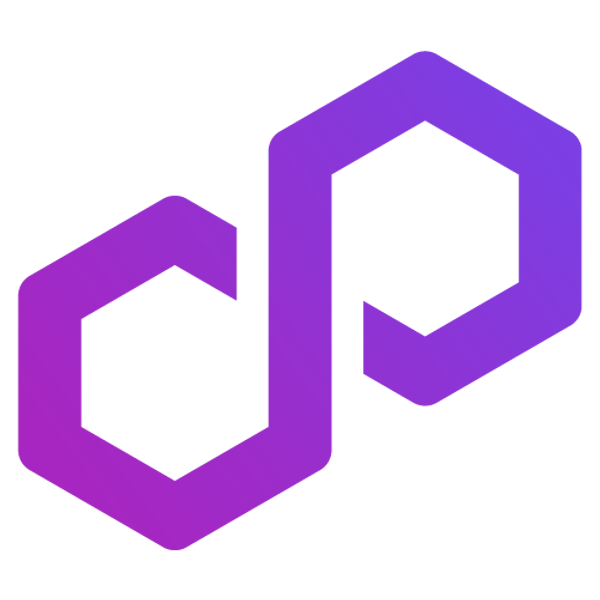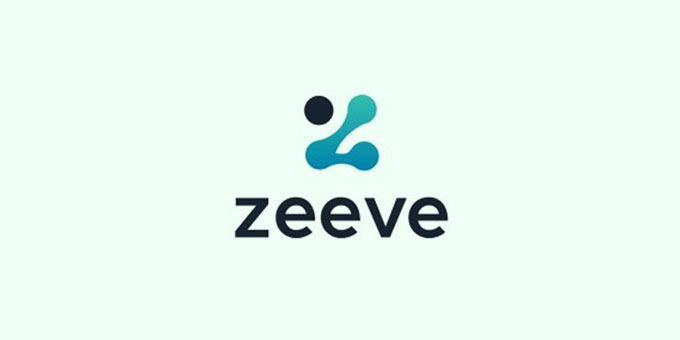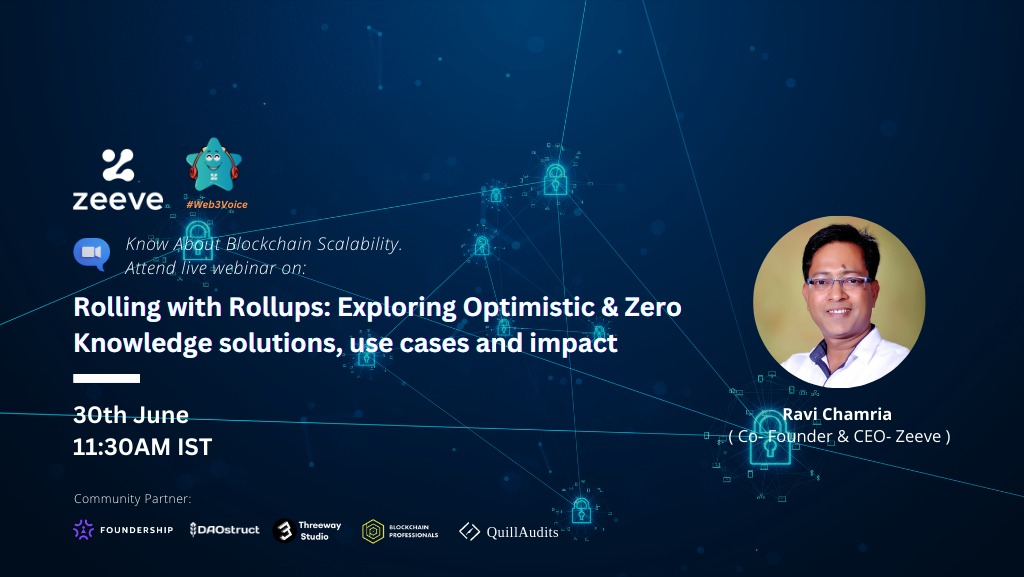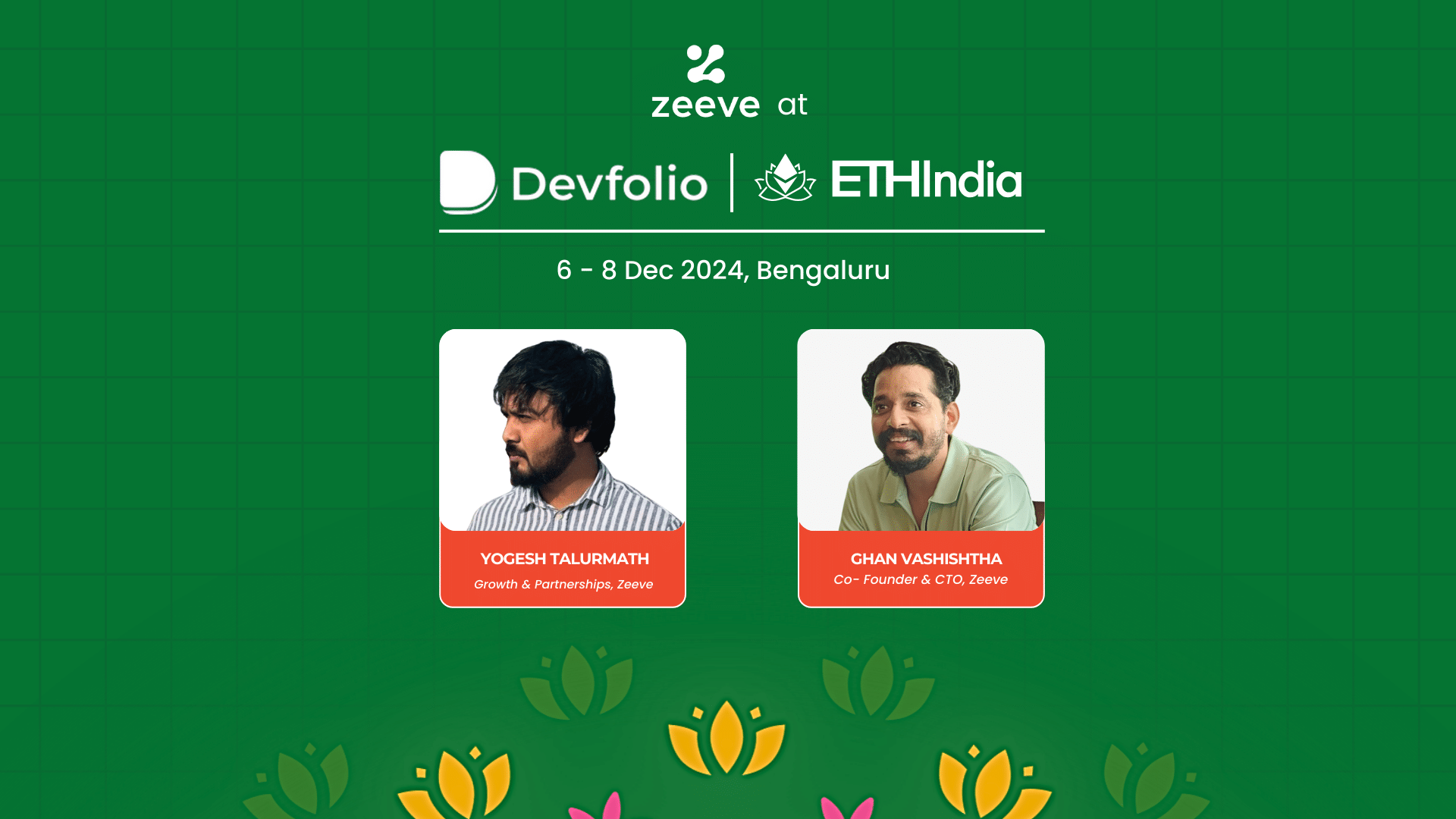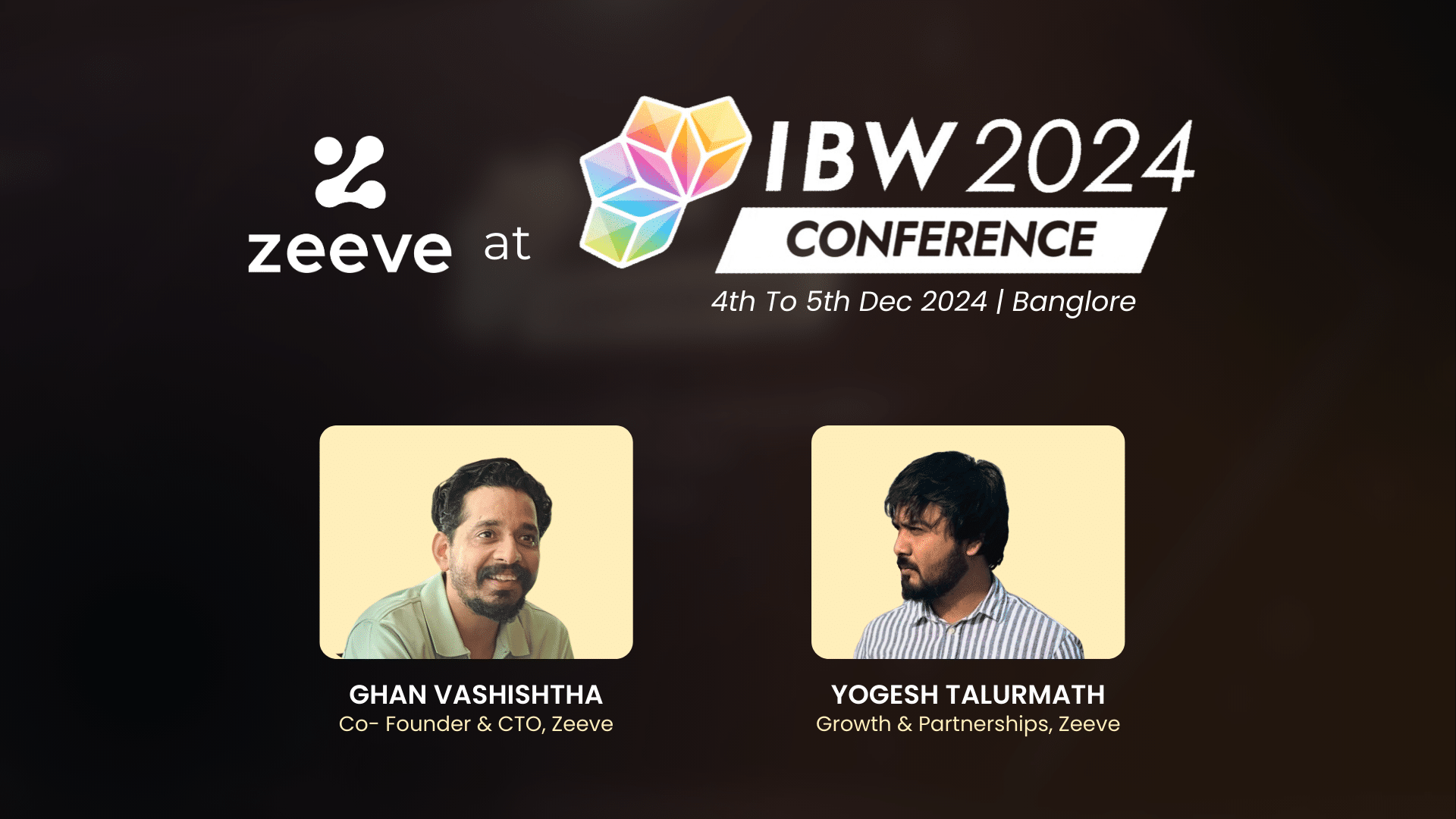Zeeve organized a webinar titled: “Rolling with Rollups: Exploring Optimistic & Zero Knowledge Solutions, use cases and Impact.”
Dr. Ravi Chamria, CEO and Co-Founder of Zeeve, starts the webinar by briefly introducing Zeeve and its role in blockchain technology. He then dives into the major topics of the webinar, which cover
- Two types of roll-ups: optimistic roll-ups and ZK roll-ups.
- The limitations and advantages of each type.
- Scalability, security, and decentralization are the three main aspects of a decentralized network, and increasing scalability can negatively impact the other two.
Dr. Ravi discusses layer tools or roll-ups in the context of Ethereum’s scalability. As the number of users on the Ethereum network increases, there is congestion and a higher gas fee.
There are two types of Ethereum roll-ups: optimistic and validity (ZK roll-ups). Optimistic roll-ups assume transaction validity and rely on a third party to validate transactions.
He further explains the five steps of an optimistic roll-up. Users submit transactions through option validation and block aggregation on Layer 2.
The bundled transactions are then submitted to the Ethereum main net, where a single transaction updates the contract state. There’s a period where disputes can be raised, and fraud proofs can be challenged.
Dr. Ravi even describes how ZK Roll-Ups, also known as zero-knowledge proof Roll-Ups allow one party to prove the truth of a statement without revealing any underlying information.
ZK Roll-Ups provide high throughput and low gas costs and have seen significant innovation in the blockchain space in recent years. They use smaller account indices, reducing memory load and increasing efficiency. Overall, ZK Roll-Ups offer a faster and more efficient way to validate transactions while maintaining privacy.
Dr. Ravi explains the limitations of ZK Roll-Ups and explains that they have limited EVM compatibility functionality, which means that existing smart contracts cannot be effortlessly migrated to ZK Roll-Ups because the way calculations are performed is different.
He also introduces the idea of ZK AVM as a solution for removing the EVM compatibility limitation of ZK Roll-Ups by leveraging the existing Ethereum ecosystem.
He further describes the potential game-changing impact of ZK Rollups becoming compatible with the Ethereum Virtual Machine (EVM). He mentions that Polygon’s ZK VM is an example of a Type 3 ZK AVM that is EVM compatible, allowing for seamless integration with Ethereum.
Moreover, he highlights the unique proof-of-efficiency consensus mechanism used by Polygon’s EK VM and its significant data availability through Validium.
Dr.Ravi concludes the webinar by mentioning that the platform boasts a large community of developers and enterprises using it for various protocols, and it offers assistance with blockchain infrastructure, including node infrastructure, RPC endpoints, and custom blockchain launches.
He encourages users to contact the technical or sales team for inquiries or assistance.
Check out our previous videos on the Zeeve interface, deployments, podcasts, presentations, explanations, and more.
To build on Zeeve – https://app.zeeve.io/
Follow Zeeve on Twitter – https://twitter.com/0xZeeve
Follow Zeeve on LinkedIn –https://www.linkedin.com/company/0xzeeve
Follow Zeeve on Medium – https://medium.com/zeeve
Follow Zeeve’s Telegram Channel –https://t.me/ZeeveDeeptech
To find out more about Zeeve –https://www.zeeve.io/





